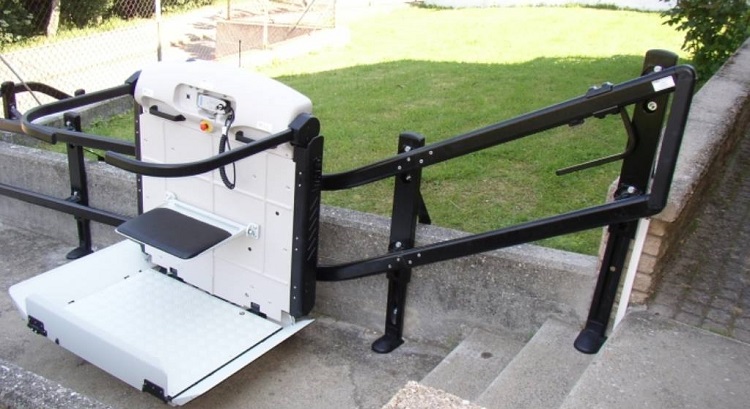Hong Kong continues to be one of the most successful cities in the world. But despite its extreme geography, a single step is perhaps the least difficult task of any person living in the metro. Well, this is not the case for the disabled.
According to the South China Morning Post, it can be an insurmountable barrier that keeps them from accessing the most basic of services. The step - which many would find in the vast majority of shops and restaurants in Hong Kong - keeps water from heavy rains, such as those brought by Typhoon Mangkhut last week, from invading businesses and homes as it flows downhill.
That is one of the many challenges for the city's banks as they seek to catch up to their counterparts in other parts of the world and rework their branches and automated teller machine locations to make them more accessible for older and disabled residents in a city where extra space is often a luxury.
The city's leaders have made progress - and are ahead of other Hong Kong businesses - but have a way to go before they are fully accessible, based on an informal survey of more than 100 locations carried out by the publication.
Nearly 90 percent of the branches or ATM locations visited in Central, Causeway Bay, Mong Kok, and Taikoo Shing required a step up just to access a service counter or a banking machine.
More than half had no lifts or ramps, even temporary ones, to help wheelchair users access services.
Joseph Kwan, a Hong Kong architect who focuses on accessibility issues and works with the Hong Kong Federation for Handicapped Youth, said that step dates back to colonial-era rules that required a six-inch, barrier to prevent flooding and rot when stores and residencies had timber floors.
The step "is an archaic solution," Kwan said. "There are many, many other solutions that are available. You go to other accessible places, like Vancouver or Japan. They can do it well. I say if they can do it, why can't we?"
He added that Hong Kong's rules could make it difficult for businesses with limited space to build a ramp: the allowed slope for a one-foot rise would require ramp 12-feet long.
The Hong Kong Association of Banks put new guidelines in place in March to encourage its members to adopt best practices for "barrier-free" access to banking services for the physically disabled, the visually impaired, and the hearing-impaired. This is a step forward from practical guidance is provided in the past, Yahoo! News reports.
Many businesses in the city, however, often lack accommodation for the disabled that have become standard in other countries like the United States and the United Kingdom, where local laws have required broader compliance or made it easier to remake facilities.






